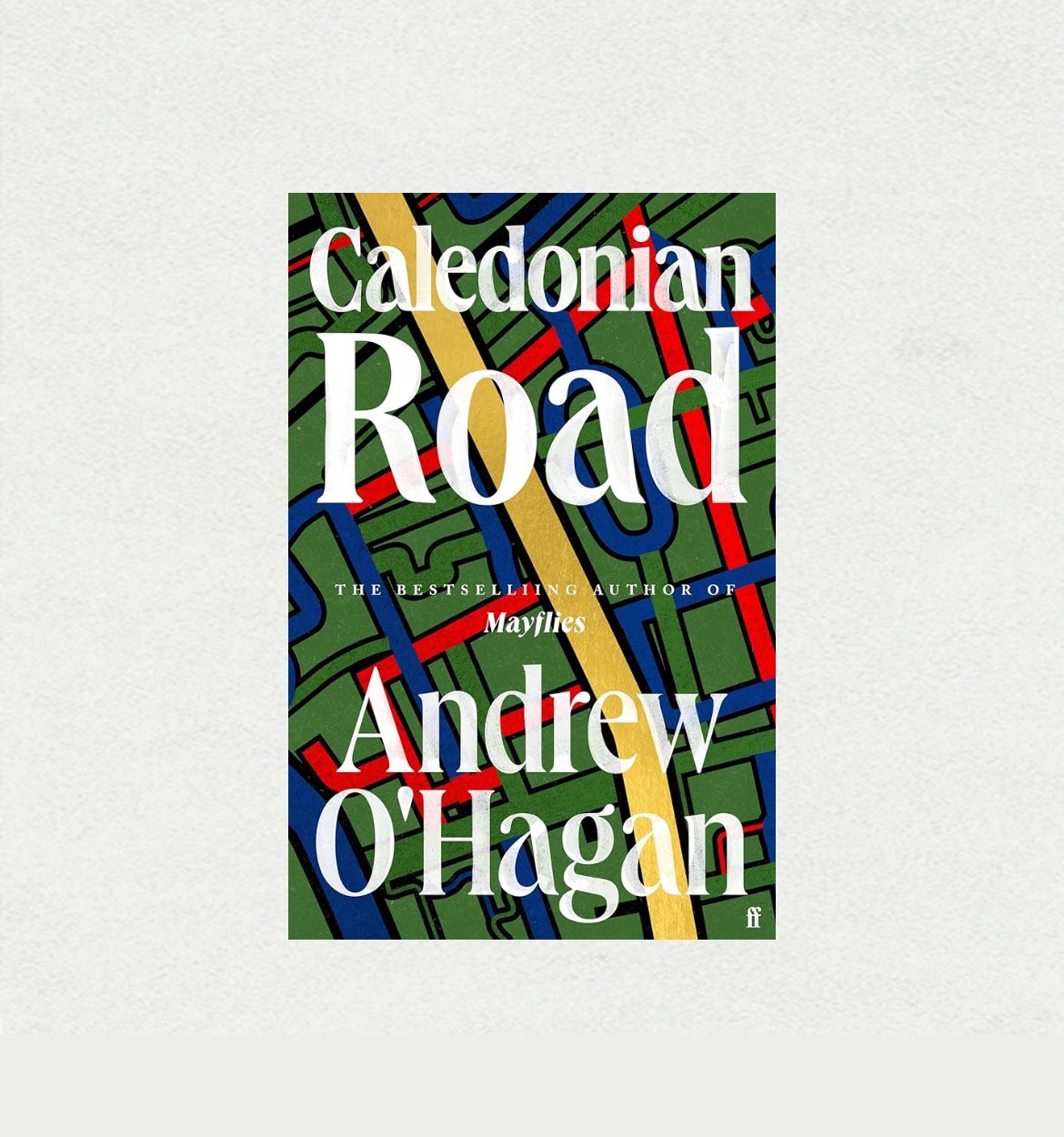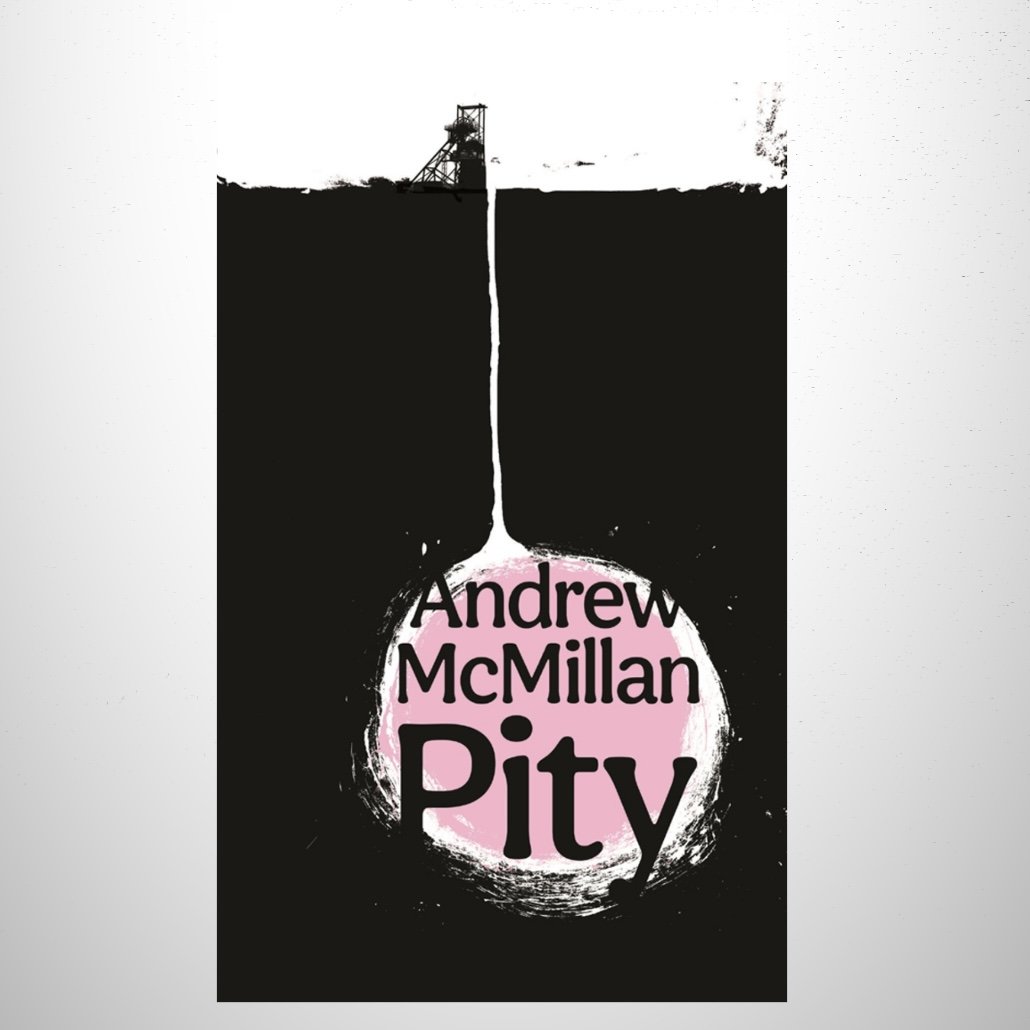
How to Make a Bomb (2024)
How to Make a Bomb was initially published last year in the US under the somewhat less provocative title Dartmouth Park. It’s a short novel, written in a sparse poetic style, eschewing paragraphs in favour of short sentences with line breaks and limited punctuation. Its focus is the fifty-year-old London-based historian Philip Notman, who is thrown into a deep personal crisis following a trip to a conference in Bergen. On his return he begins to struggle to pick up with his everyday life, and abandons his wife and (adult) son to head off in search of… something. Initially it seems that that something may be an affair, with the captivating Ines, who he met at the Bergen conference and initially seeks out in Cadiz. Yet relatively soon he is on the move again, this time to Crete to spend time in the dilapidated house of an older couple he helped out in Spain. He arrives seeking fulfillment of a different kind, away from the noise of modern life, and is further tempted by the allure of religion on a visit to a monastery. When all of this ultimately fails to resolve his issues, he heads back to London with a new sense of purpose, and a rather disturbing mission.
Caledonian Road (2024)
Caledonian Road is set largely on and around the titular thoroughfare, which heads northwards from near London’s King’s Cross station. Its action takes place in the very recent past, in a year’s period between early 2021 (and the ending of major Covid restrictions) and early 2022 (with Russian’s invasion of Ukraine on the imminent horizon). It’s introduced (at least in this pre-release version) by an extensive list of characters, setting the tone for the sprawling, somewhat Dickensian nature of the 600-ish pages to follow. At its undoubted centre, though, is the aging white liberal academic Campbell Flynn, clearly something of a proxy for the author. Having worked his way up in society from humble Glaswegian roots, through a combination of academic achievement and marriage into minor aristocracy, Campbell is a lecturer at UCL, a published art historian (most recently of an acclaimed life of Vermeer), sometime glossy magazine columnist and podcaster. Yet he senses shifting sands in society, and mostly the ones that uphold everything that he holds dears. Campbell, like the liberal intelligentsia he represents, is in crisis. And so, it seems, are his city and his country.
Fast By The Horns (2024)
Fast By The Horns is set in the Bristol neighbourhood of St. Pauls in 1980. It focuses on Jabari, the 14-year-old only son of the Rasafarian community leader Ras Levi. He exists in a clearly very close-knit community, but one that is constantly beaten down by corrupt policing and lack of council investment. Ras Levi and his fellow Rastafarians in the community, including of course Jabari, dream of repatriation to the Ethiopian motherland, though others in the community mock their ambitions and urge them to engage with the political realities of life in the UK. Amidst the violence and daily struggles with police brutality, Jabari's encounter with a young girl formerly from St. Pauls, who we find has been placed in the care of a white family in a neighbouring affluent area, provides a tender and emotional thread at the centre of the novel.
Martyr! (2024)
Martyr! introduces us to Cyrus Shams, a recently sober son of Iranian immigrants (and evidently an autobiographical proxy for the author). As a child he moved to the US following the loss of his mother when her plane (Iran Air Flight 655; based on a real incident) was shot down over the Persian Gulf by US forces. His father, who made his way in the States as a factory farm worker, has also died, leaving Cyrus seeking meaning initially in narcotics but subsequently in poetry.
Pity (2024)
Pity is a short novel that trains its eyes on the former mining town of Barnsley, near to Sheffield in northern England. It focuses on three generations of the same family, covering the late twentieth century up to the present day (or thereabouts), and almost exclusively focusing on the men of the family.





